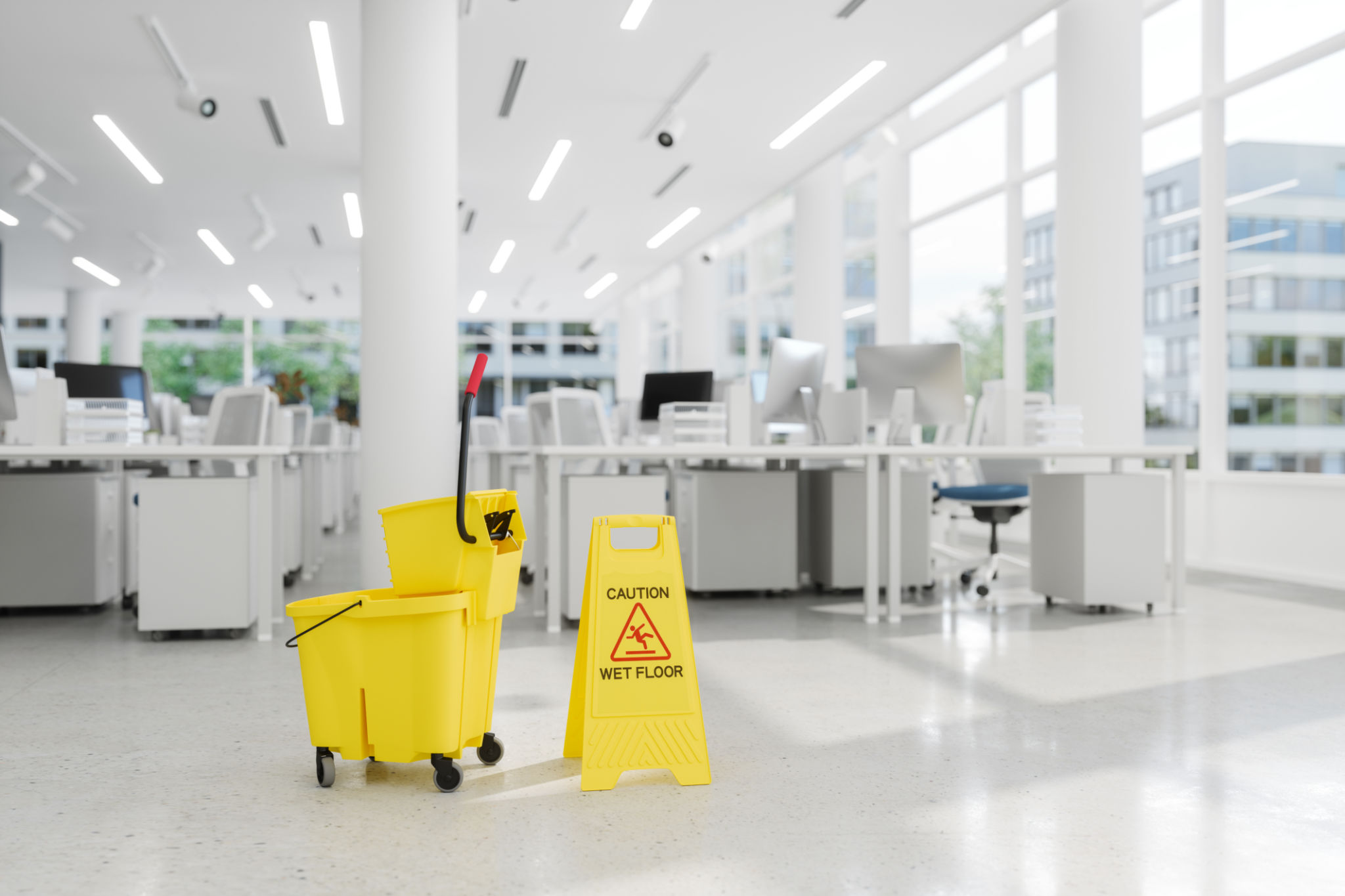Comparing Traditional vs. Modern Cleaning Methods: What Works Best?
Understanding Traditional Cleaning Methods
Traditional cleaning methods often evoke images of our grandparents scrubbing floors with handmade solutions. These methods rely heavily on basic ingredients like vinegar, baking soda, and lemon. The principle is simple: use natural, readily available resources to achieve cleanliness. These methods are often lauded for their environmental friendliness and cost-effectiveness.
Many people appreciate traditional cleaning for its simplicity and the absence of harsh chemicals. Vinegar, for example, acts as a natural disinfectant, while baking soda is a powerful deodorizer. These ingredients are often combined to tackle various household cleaning tasks.

Benefits of Traditional Cleaning
One of the significant benefits of traditional cleaning methods is their minimal impact on the environment. Using natural ingredients reduces the reliance on synthetic chemicals, which can contribute to pollution and other environmental issues.
Moreover, traditional methods are often more economical. Most households already have these ingredients in their pantry, making them an accessible option for those looking to save money on cleaning supplies.
Exploring Modern Cleaning Techniques
Modern cleaning methods have evolved significantly with advances in technology and chemistry. These techniques often involve the use of specialized equipment and chemical solutions designed to improve cleaning efficiency and effectiveness. From robotic vacuum cleaners to steam mops, modern methods offer a high-tech approach to maintaining cleanliness.

Additionally, modern cleaning products are designed to tackle specific issues, such as mold removal or stain treatment. These products are often formulated to work quickly and require less physical effort, which is a significant advantage for busy households.
Advantages of Modern Cleaning
The most apparent advantage of modern cleaning methods is their efficiency. High-tech tools and specialized cleaners can save time and effort while delivering superior results. This is particularly beneficial for larger homes or commercial spaces requiring frequent and thorough cleaning.
Moreover, modern cleaning solutions often come with added benefits, such as antibacterial or hypoallergenic properties, catering to specific health needs or concerns.

Comparative Analysis: Which is More Effective?
When considering the effectiveness of traditional versus modern cleaning methods, it largely depends on individual needs and preferences. Traditional methods excel in terms of environmental impact and cost, while modern techniques offer convenience and speed.
For many, a combination of both methods provides the best solution. Using natural cleaners for everyday tasks and reserving specialized products for more challenging issues can strike a balance between sustainability and efficiency.
Choosing the Right Method for You
Ultimately, the choice between traditional and modern cleaning methods should align with your priorities. If sustainability is your primary concern, traditional methods may be more appealing. Conversely, if time-saving is crucial, modern techniques might be preferable.
The key is to assess your specific needs, consider the impact on your budget and the environment, and then select a strategy that fits your lifestyle. By understanding both approaches' strengths and limitations, you can make an informed decision that enhances your living space's cleanliness and comfort.
